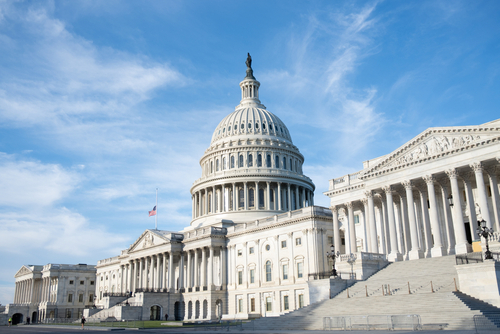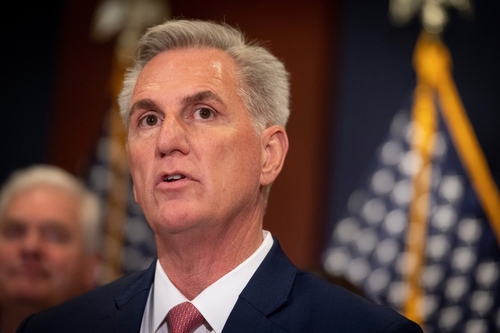Florida Governor Ron DeSantis signed a bill blocking local governments from adding fluoride to public water supplies, citing freedom from “forced medication” and emphasizing consumer choice.
At a Glance
- Governor DeSantis signed SB 700, banning fluoride additives in Florida’s public water supply as part of the Florida Farm Bill
- DeSantis and supporters frame the issue as protecting “medical freedom” and preventing “forced medication”
- Floridians can still purchase fluoridated water from private suppliers
- Health experts warn the ban could increase dental problems, especially in rural and low-income communities
- The law takes effect July 1, making Florida the second state after Utah to ban water fluoridation
DeSantis Champions Medical Freedom with Fluoride Ban
In a significant move that aligns with his “Free State of Florida” agenda, Governor Ron DeSantis has signed legislation prohibiting local governments from adding fluoride to public water supplies. The measure, part of the broader Florida Farm Bill, frames water fluoridation as a form of compulsory medical treatment that citizens should be able to refuse. The law still allows Floridians to purchase fluoridated water from private suppliers but removes government authority to mandate its inclusion in municipal water systems.
During the signing ceremony, DeSantis made his position clear on the practice that has been standard in many American communities for decades. “Jamming fluoride in the water supply … is essentially a forced medication. At the end of the day, we should all agree that people deserve informed consent,” said Governor DeSantis. The legislation received strong support from key state officials, including State Senator Keith Truenow and Agriculture Commissioner Wilton Simpson.
Florida Joins Growing Movement Against Water Fluoridation
The new law positions Florida as the second state after Utah to implement a statewide ban on water fluoridation. The measure aligns with the national “Make America Healthy Again” movement championed by Robert F. Kennedy Jr., who now serves as Health and Human Services secretary. Kennedy has previously described fluoride as “industrial waste” and has linked water fluoridation to various health issues, though many of these claims are disputed by mainstream medical organizations.
“Today, Florida took a bold step and declared that drinking water will hydrate, not medicate,” stated Wilton Simpson, Florida’s Agriculture Commissioner.
The legislation has already influenced local policy decisions. Miami-Dade County commissioners recently voted to remove fluoride from the county’s water supply, a move that received explicit approval from DeSantis, who remarked, “I think they voted the right way, so thank you.” Florida Surgeon General Joseph Ladapo has also backed arguments against fluoride, describing water fluoridation as “public health malpractice.”
Health Experts Warn of Potential Consequences
The fluoride ban has sparked significant concern among dental and health care experts who fear it could lead to increased dental problems, particularly among vulnerable populations. The U.S. Centers for Disease Control and Prevention recognizes community water fluoridation as one of the top public health achievements of the 20th century, crediting it with reducing tooth decay by approximately 25% in children and adults.
“When it gets hot in the Sunshine State, no one clamors for a cold glass of fluoride. We will protect our natural resources and give Floridians the ability to make the best choices without government forcing unnecessary additives,” said Keith Truenow.
Critics of the ban point to real-world evidence of fluoridation’s benefits. Calgary, Canada, which removed fluoride from its water in 2011, later reversed course after studies showed increases in childhood cavities. The American Dental Association has labeled the Florida ban “dangerous,” warning that removing this preventive measure could disproportionately impact rural and economically disadvantaged communities where access to dental care is already limited.
Beyond the fluoride ban, the Florida Farm Bill also includes provisions supporting the state’s agriculture sector, establishing new consumer transparency laws, restricting ESG practices affecting farmers and ranchers, and creating the Florida Aquaculture Foundation. The fluoride ban officially takes effect on July 1, giving water utilities across the state time to comply with the new requirements.






